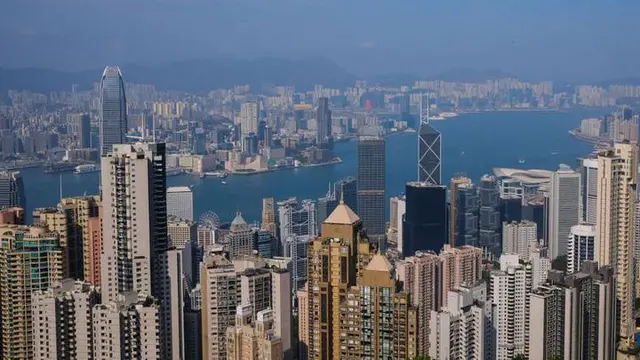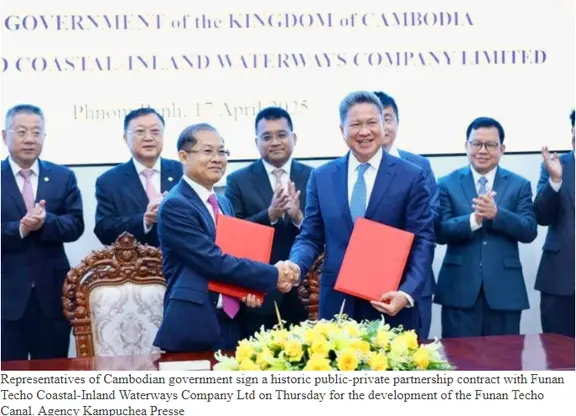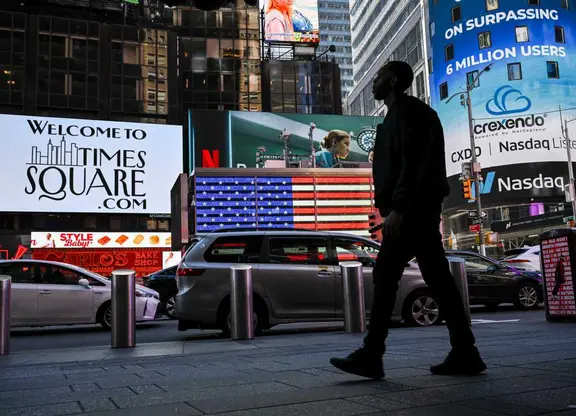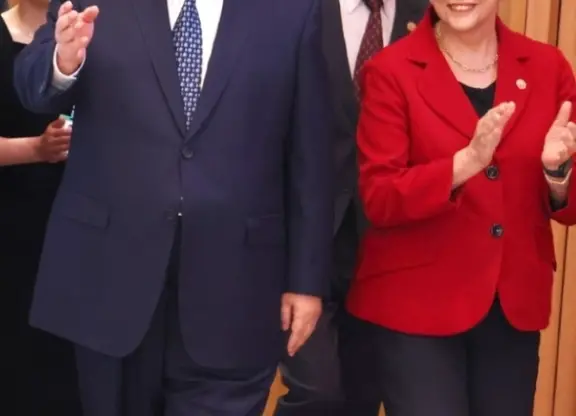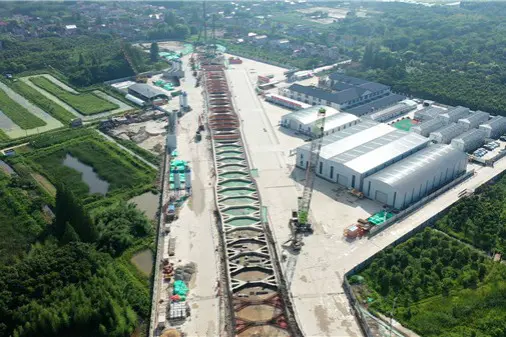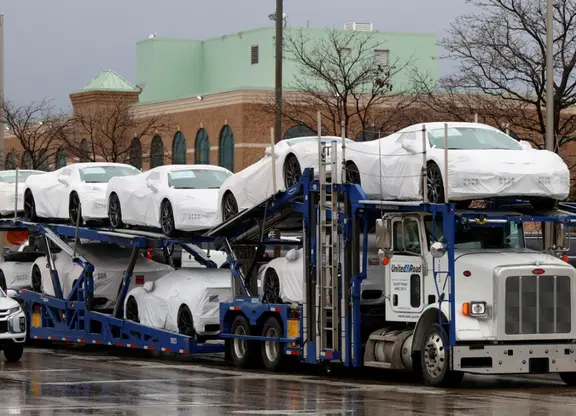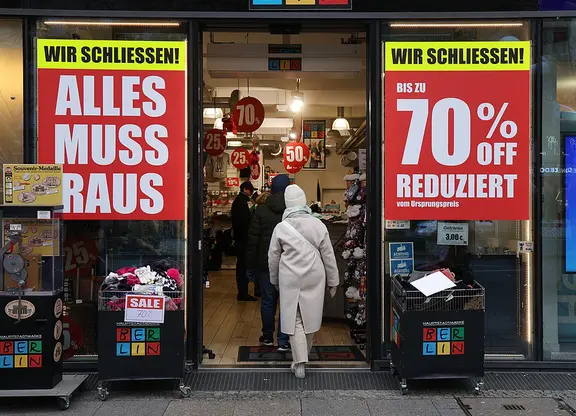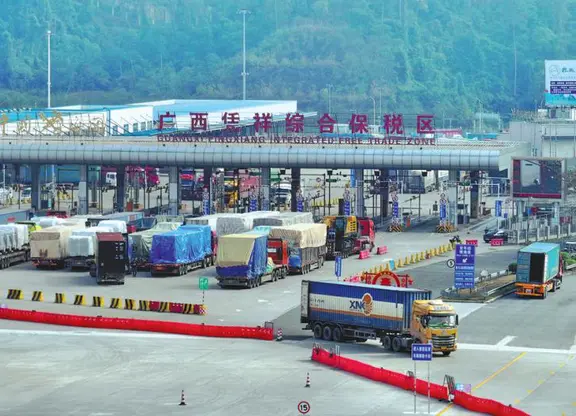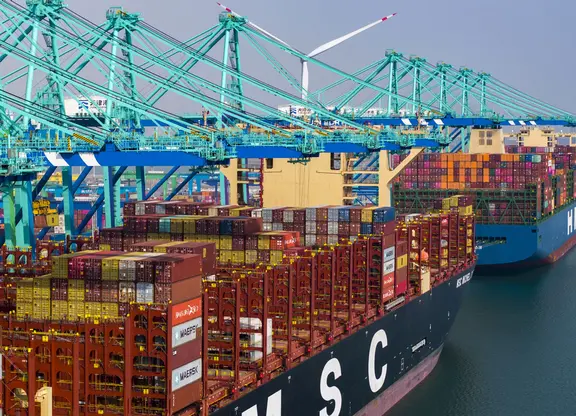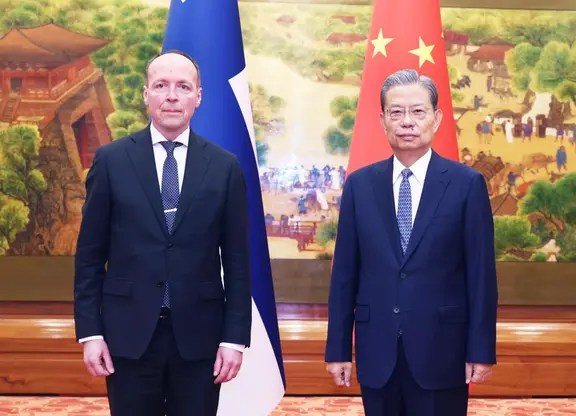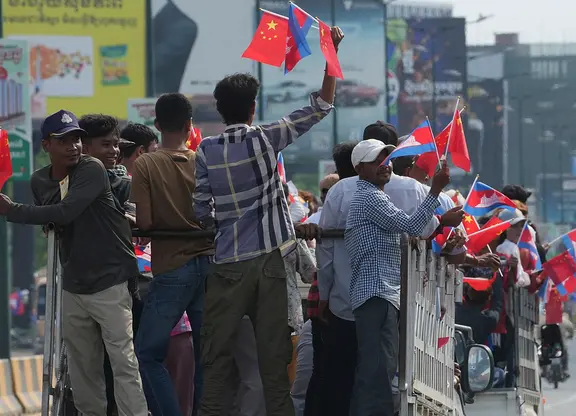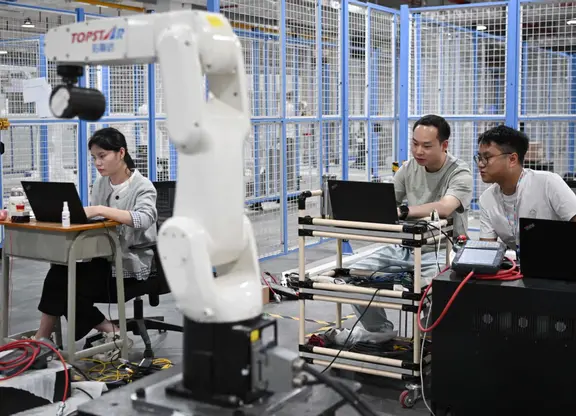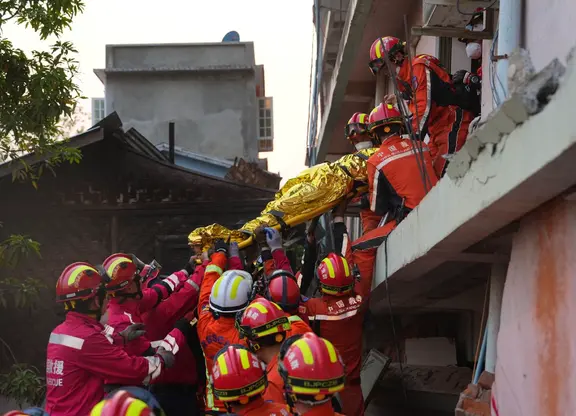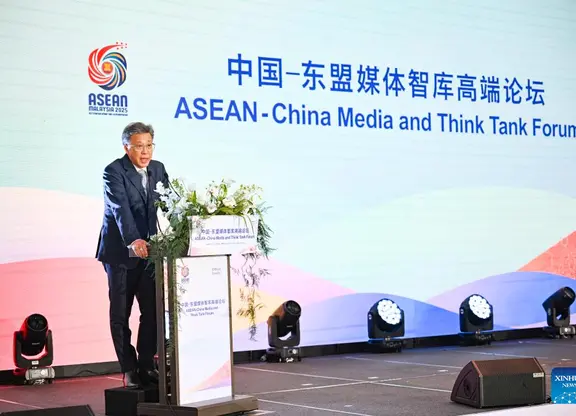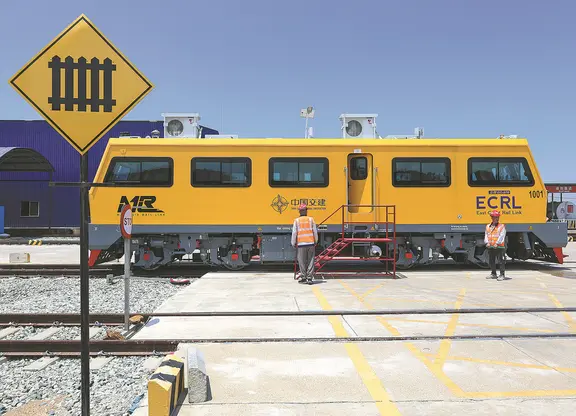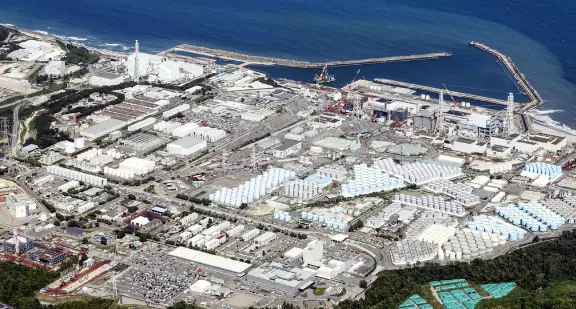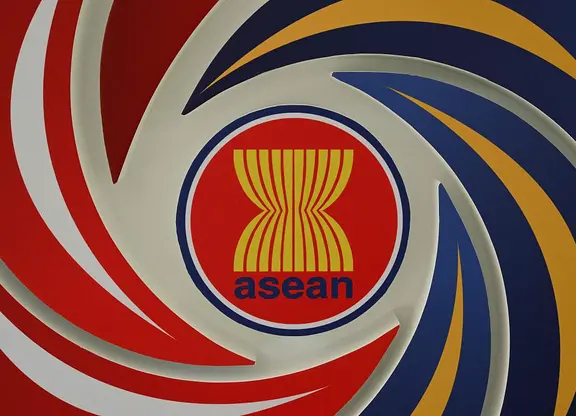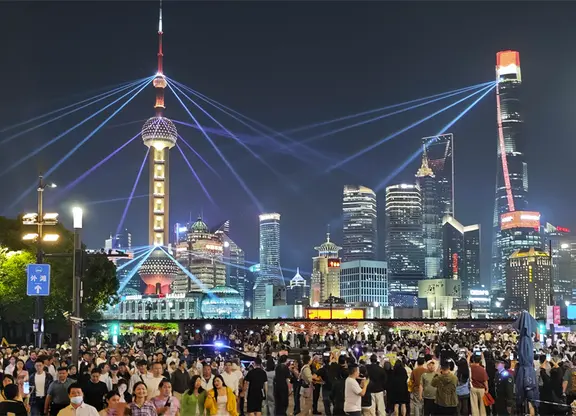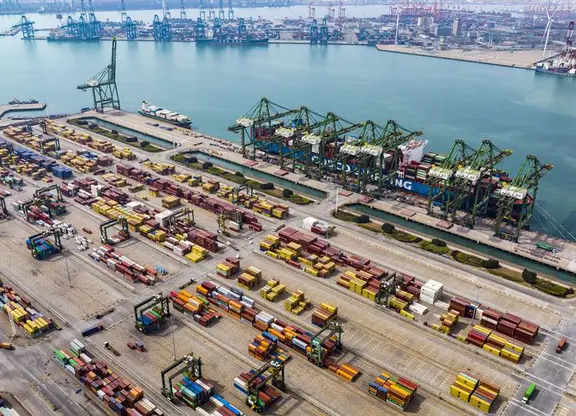By Prof. Samuel Tong
(The author is President of Macau Institute of Management and member of Macao Talent Development Committee.)
Institutional economics theory suggests that good institutions can reduce trade costs and effectively promote economic and social development. However, even the best institution would amount to nothing without proper governing talents.
On January 27, 2021, upon hearing the 2020 work report of Carrie Lam, the Chief Executive of Hong Kong, President Xi emphasized that Hong Kong's transition from turmoil to stability had once again demonstrated that the principle of "patriots governing Hong Kong" must be always upheld to ensure the steady and sustained implementation of "one country, two systems." President Xi's important exposition is a highly refined experience of practicing "one country, two systems", a profound interpretation of the practice of "one country, two systems" since Hong Kong's return, and a clear direction for steadily and continuously implementing "one country, two systems" and maintaining peace and stability in Hong Kong. This principle also applies to the Macao Special Administrative Region.
On June 30, 2020, the National Security Law of Hong Kong was promulgated and put into effect. And Hong Kong society gradually recovered from the turmoil caused by the "ordinance amendment" and regained "stability", the key to development. According to the National Security Law, the HKSAR government comprehensively carried out the work of curbing, preventing, and punishing acts endangering national security, and improved the legislation on the declaration of allegiance for civil servants.
In March 2021, the fourth session of the 13th National People’s Congress (NPC) adopted, by a large vote, the Decision on Improving the Electoral System of the Hong Kong Special Administrative Region. Since then, the Election Committee, the seventh Legislative Council, and the sixth Chief Executive have been successfully elected, marking the full implementation of the new electoral system in Hong Kong, the further consolidation of "patriots governing Hong Kong", and the new chapter in Hong Kong's good governance.
On February 18, 2019, the Central Committee of the Communist Party of China and the State Council issued the Outline Development Plan for the Guangdong-Hong Kong-Macao Greater Bay Area (hereinafter referred to as the “Outline”). Under the principles to be driven by innovation, coordinating the development, opening up and cooperating, and adhering to “one country, two systems”, the Greater Bay Area is positioned to leverage the advantages of Hong Kong and Macao as free and open economies and of Guangdong as the pioneer of reform and opening up, continue deepening reform and further opening up, lead nationally and set an example in developing institutions and mechanisms for high‑quality economic development, expedite institutional innovation as well as early and pilot implementation, develop a modern economic system, better integrate into the global market system, build a global base of emerging industries, advanced manufacturing, and modern service industries, and develop an internationally competitive world‑class city cluster.
The Outline supports Hong Kong in consolidating and enhancing its status as an international financial, transportation, and trade center as well as an international aviation hub, and strengthening its status as a global offshore renminbi business hub and its role as an international asset management center and a risk management center. It also supports the city in promoting the development of high‑end and high-value-added financial, commercial and trading, logistics, and professional services, making great efforts to develop innovation and technology industries, nurturing emerging industries, and establishing Hong Kong as the center for international legal and dispute resolution services in the Asia‑Pacific region, facilitating Hong Kong to become a more competitive international metropolis.
On the afternoon of May 30, 2022, President Xi met with John Lee Ka-chiu, the newly appointed sixth-term Chief Executive of Hong Kong, at Diaoyutai State Guesthouse. President Xi pointed out that under the new electoral system, the HKSAR had successfully held elections of the Election Committee, the seventh-term Legislative Council, and the sixth-term Chief Executive since last year, proving that the new electoral system played a decisive role in implementing the principle of "patriots administering Hong Kong”, ensuring the position of Hong Kong people as their masters, and facilitating a good environment in which all sectors of society work together for Hong Kong's development. This is a political and democratic system that is in line with the “one country, two systems” principle and suits Hong Kong's realities and needs for development. It must be cherished and upheld for a long time to come.
Today, 25 years later, Hong Kong is about to usher in its epoch-making anniversary. Since the implementation of the National Security Law and the improvement of the electoral system, the trend from chaos to order has been steadily sustained. With “patriots governing Hong Kong” fully implemented, we earnestly hope that under the leadership of the sixth Chief Executive John Lee Ka-chiu, Hong Kong will continue to implement the principle of "patriots governing Hong Kong", steadily integrate into the development of the Guangdong-Hong Kong-Macao Greater Bay Area, and combine adherence to "one country” with respect for differences of "two systems", uphold the foundation of "one country" and make good use of "two systems"; combine maintaining the general governance right of the central government with guaranteeing the high degree of autonomy of the special administrative regions, respect the rule of law, and act in strict accordance with the Constitution and the Basic Law; combine the needs of the country with the strengths of Hong Kong and Macao, give full play to the role of market mechanisms, facilitate Guangdong, Hong Kong and Macao to draw on each other's strengths and achieve common development, and cooperate with other cities in the Greater Bay Area to fully build a world-class bay area that is suitable for living, working and traveling.
(ASIA PACIFIC DAILY)
 简体中文
简体中文

